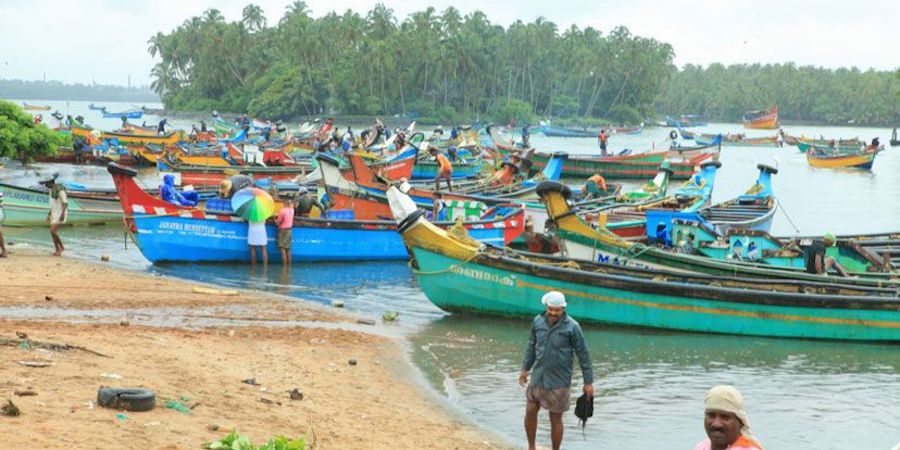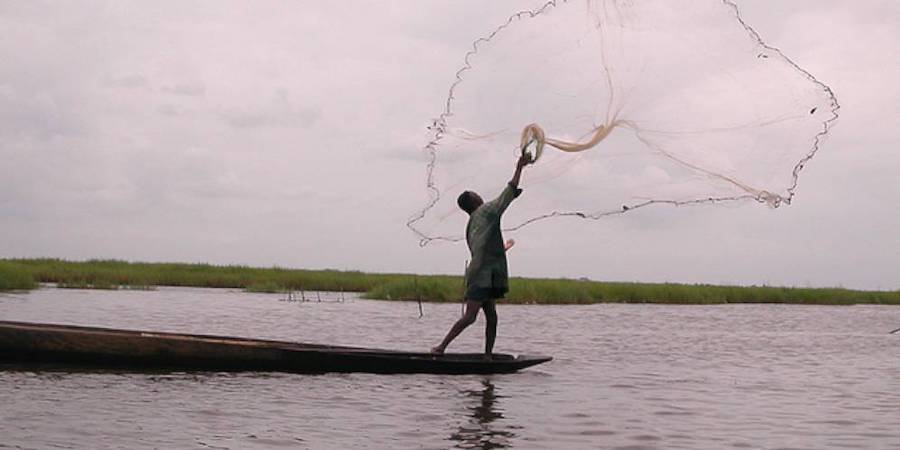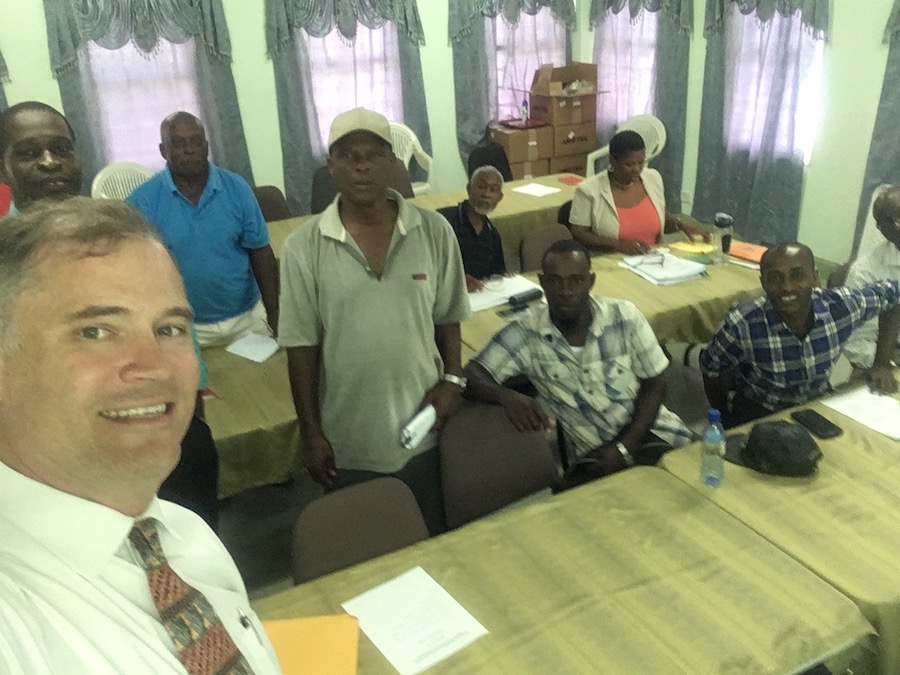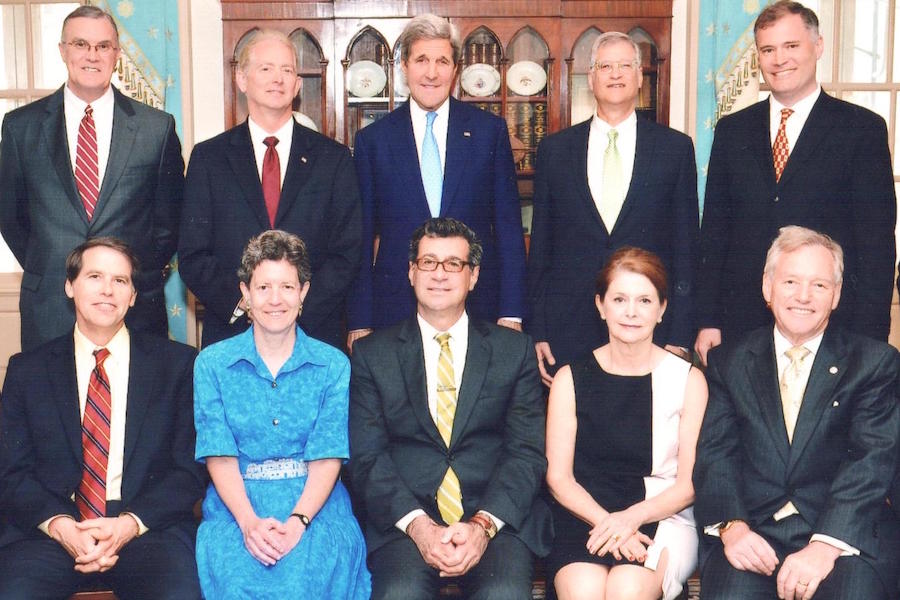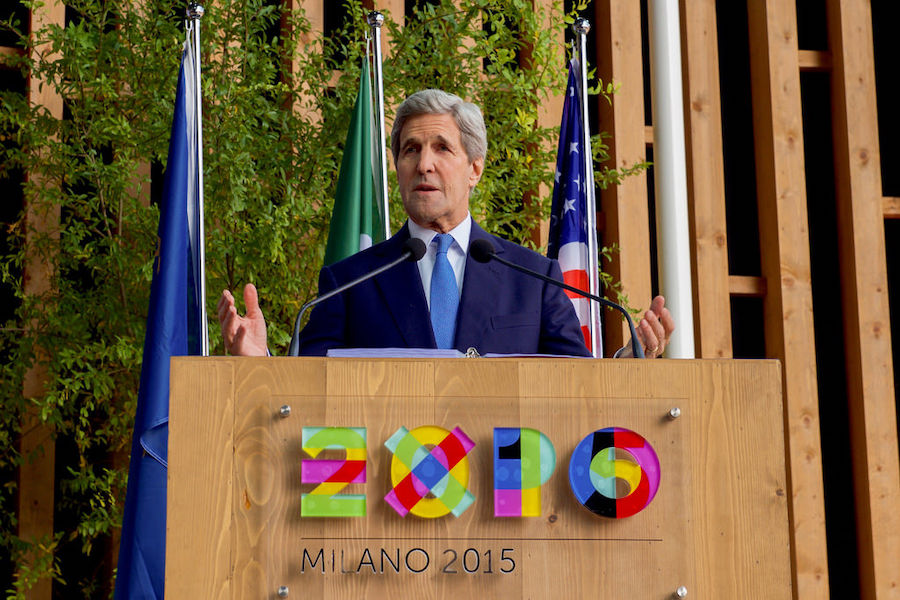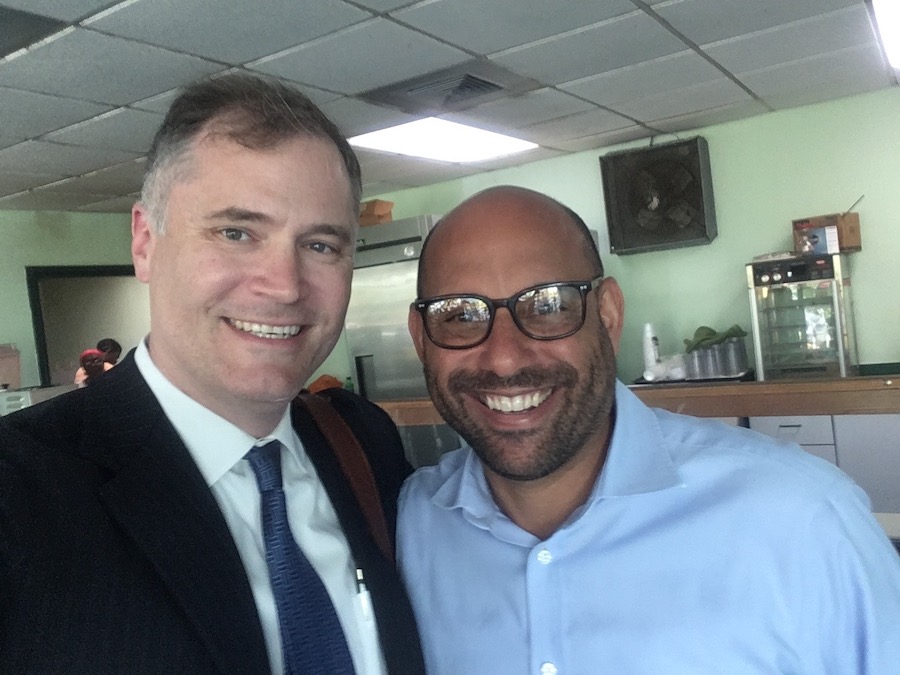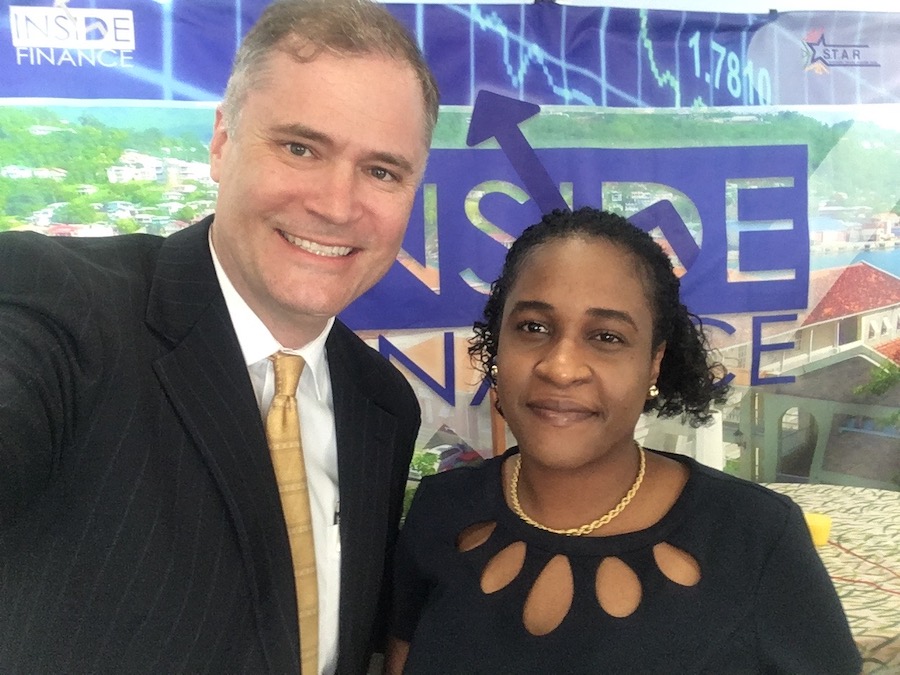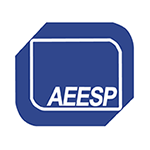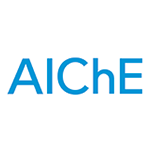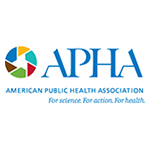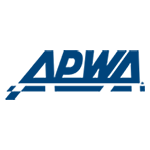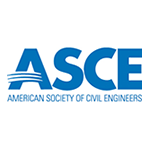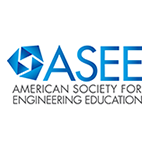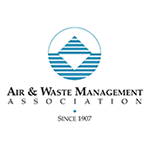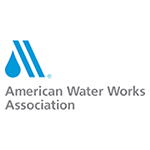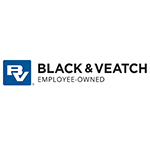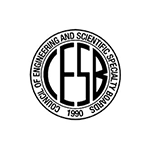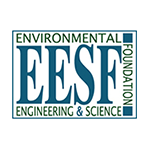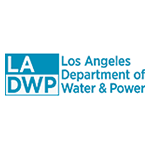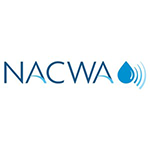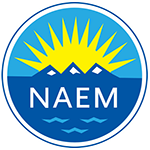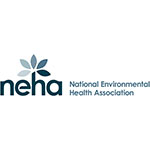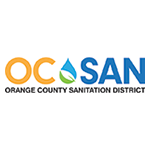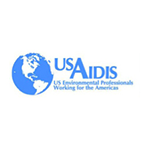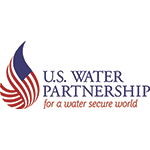- Home
- Contact Us
- News & Events
- Awards
- AAEES Awards Criteria
- 40 Under 40 Recognition Program
- Edward J.Cleary Award
- Excellence in Environmental Engineering and Science Education
- Gordon Maskew Fair Award
- Honorary Member
- International Honorary Member
- Ralph and Joe Bales Graber Science Award
- Stanley E. Kappe Award
- Environmental Communications Awards Competition
- Excellence in Environmental Engineering and Science Competition
- The AAEES Chapter Blue Marble Award
- Resources
- AAEES Microcredentials
- Annual Reports
- AAEES Press Releases
- AAEES Website How To VIdeos
- Environmental Engineer and Scientist
- Environmental Engineering Body of Knowledge
- PFAS Resources
- Specialty Examination Guide
- Students and Young Professionals Resources
- Who's Who in Environmental Engineering & Science®
- Leadership Opportunities
- Membership
- Donate
- Jobs
2020 Excellence in Environmental Engineering and Science® Awards Competition Winner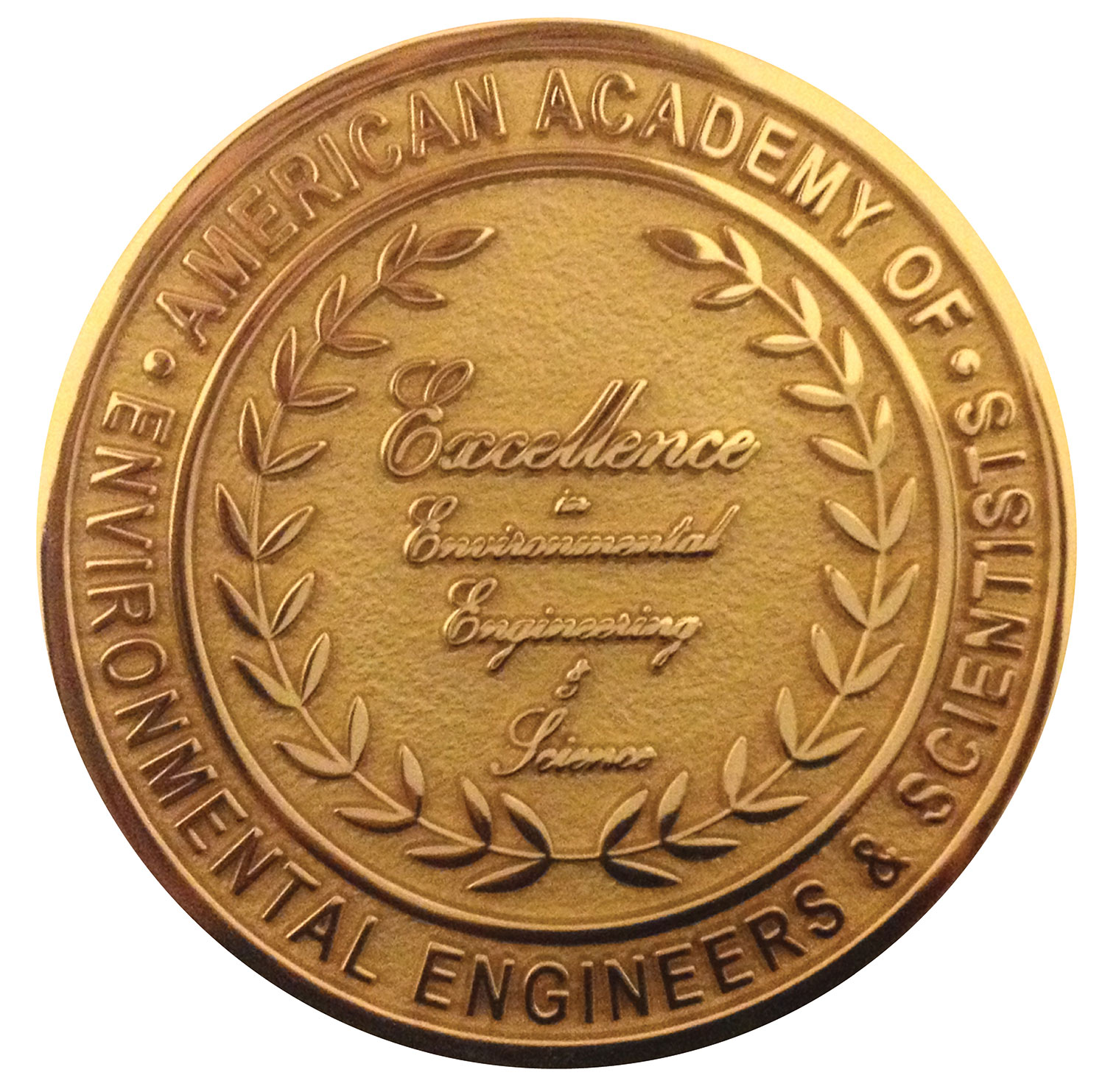
Honor Award - Environmental SustainabilityCOAST: Carribean Ocean and Aquaculture Sustainability faciliTyEntrant: Daniel B. Oerther, Ph.D., P.E., BCEE, BCES Entrant Profile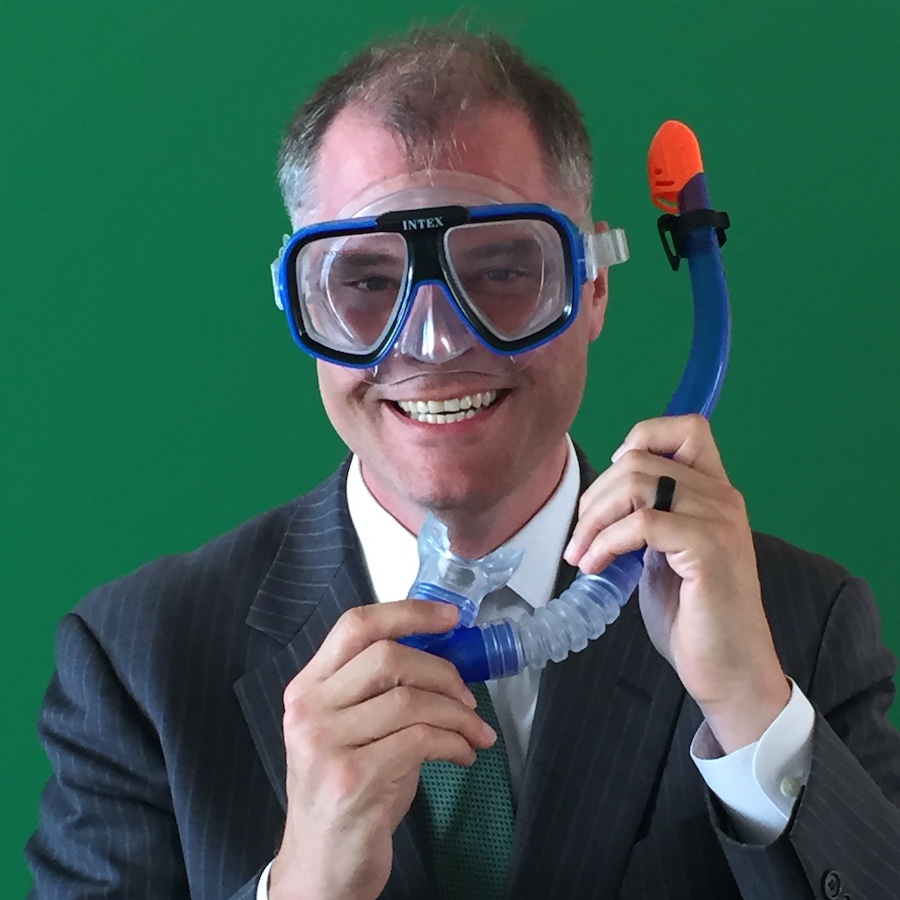 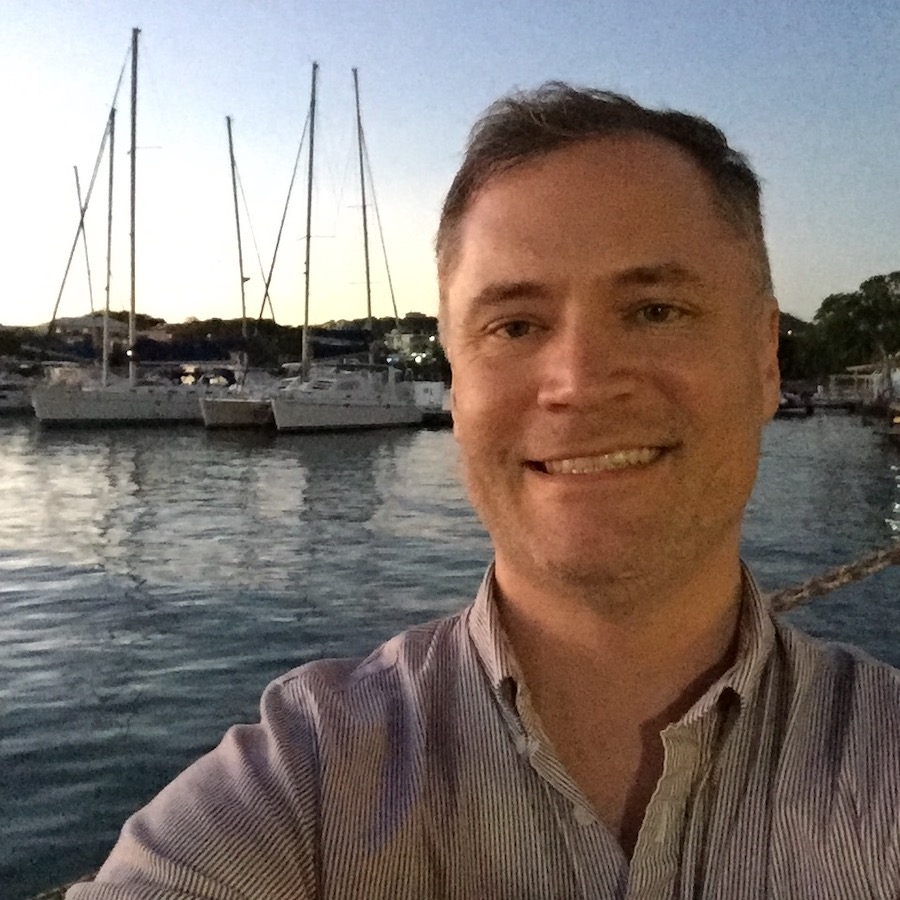 Professor Daniel B. Oerther, PhD, PE, BCEE, BCES, is the engineer-in-charge of COAST: Carribean Ocean and Aquaculture Sustainability faciliTy. Dan earned his doctorate in environmental engineering from the University of Illinois in 2002. He joined the Missouri University of Science and Technology as the John A. and Susan Mathes Endowed Chair of Civil Engineering in 2010 after serving for ten years on the faculty of the University of Cincinnati, including as head of the Department of Civil and Environmental Engineering. From 2014 through 2019, Dan served as the Senior Science Advisor at the United States Department of State in the Secretary's Office of Global Food Security. In this role as a Foreign Affairs Officer and in collaboration with the World Bank, he developed the concept, secured the funding, and implemented the full-scale success of COAST, the first-ever parametric insurance policy designed to simultaneously protect food and nutrition security while promoting sustainable development of marine capture fisheries throughout the Caribbean Sea. To supplement his license as a PE in the US, Dan sought and received registration as a Chartered Engineer (CEng is similar to BCEE) in the UK and Commonwealth (including Caribbean nations). In recognition of his leadership of COAST, Dan has received a number of awards and honors. Thus, Professor Oerther's leadership of COAST represents a triple-bottom-line approach (i.e., planet, prosperity, and people), including: 1) integration across engineering/science and 2) finance, as well as the 3) promotion of professional accreditation of environmental engineers and environmental scientists, globally. Project DescriptionExecutive SummaryCOAST: the Caribbean Ocean and Aquaculture Sustainability faciliTy was designed by Professor Daniel B. Oerther, PhD, PE, BCEE, BCES – with funding from the United States Department of State and in consultation with the World Bank – to accomplish two goals of sustainable development:
Governments purchase the COAST parametric insurance policy* from CCRIF SPC, which was founded in 2007 as the world's first-ever company to provide parametric insurance to sovereign governments. After a severe weather event and a payout from CCRIF SPC, governments distribute cash benefits directly to individual fishers who have registered with their governments ahead of the annual hurricane season. COAST promotes sustainable development by formalizing the fisheries sector, which includes nearly 300,000 artisanal fishers across 31 nations. Fishers, registered with the government in exchange for insurance coverage, are required to report the characteristics of their catch (i.e., gear use; species, size, and abundance of catch landed). As advocated by the Caribbean Regional Fisheries Mechanism (CRFM), catch reporting is the essential first-step in ecosystem-based fisheries management. *parametric insurance policies are insurance contracts that make payments based on the intensity of an event (for example, hurricane wind speed or volume of rainfall) and the amount of loss calculated in a pre-agreed model caused by these events. Therefore, payouts can be made very quickly after a hazard event. This is different from traditional or indemnity insurance settlements that require an on-the- ground assessment of assets before entering into a contract and an on-the-ground assessment of losses after an event before a payment can be made. Thus, two benefits of parametric insurance are: 1) lower overhead costs because pre and post event assessments are not needed; and 2) faster payouts. Thus, Professor Oerther designed COAST to directly support the triple-bottom-line (i.e., people, planet, and prosperity) aspirations of the Caribbean Community Common Fisheries Policy (CCCFP). Entered-into-force in 2013, the CCCFP is a regional, binding treaty that aims to achieve, "… sustainable utilization and development of fisheries and related ecosystems to maximize benefits for all Caribbean people," (from: CCCFP Fact Sheet). BackgroundThree pillars – of fishing, farming, and tourism – support the economies of the 31 countries and dependent territories of the Caribbean Sea (i.e., ranging in population from Cuba, with eleven-million citizens, to Montserrat, an overseas territory of the United Kingdom (UK), with only five-thousand residents). Culturally, artisanal marine capture fishing is arguably the single most distinctive trait, which binds together the shared identity of small island states (i.e., Dominica) and the coastal Caribbean nations of Central America (i.e., Belize) and South America (i.e., Guyana and Suriname). In 2013, to sustainably manage fisheries throughout the Caribbean according to the principle of triple-bottom line accountability, governments of CARICOM (the Caribbean Community) developed and signed the CCCFP to, "… foster effective cooperation and collaboration among participant nations in Conservation, Management, Sustainable Utilization and Development of the fisheries resources and related ecosystems in the Caribbean region to maximize benefits for all Caribbean people. It [CCCFP] addresses the need to build capacity among fisheries and optimize the social and economic returns from the fisheries, which are a common thread throughout Caribbean societies," (from: CCCFP Fact Sheet). Responsiveness to E3S Judging CriteriaProfessor Oerther designed COAST using an INTEGRATED APPROACH to achieve environmental sustainability by considering the:
As the first member of the Academy to achieve BOTH the BCEE and BCES certification, Professor Oerther's design of COAST pushes members of the Academy to fully integrate "science" (i.e., BCES) and "engineering" (i.e., BCEE) by considering the health of marine reefs and fish hatcheries (i.e., "land"), extreme weather events made even more extreme because of climate change (i.e., "air"), and stable populations of fin and shellfish (i.e., "water"). The design of COAST by Professor Oerther is ORIGINAL and INNOVATIVE because it is the first global exemplar of sovereign parametric insurance to incentivize individual behaviors adopting environmental sustainability in the fisheries food sector. And as evidenced by USER SATISFACTION and PROVEN PERFORMANCE, there is no other facility anywhere else in the world that provides the benefits of COAST. In fact, in October of 2015 at the World's Fair in Milan, Italy, United States Secretary of State, the Honorable John F. Kerry, highlighted the innovation of COAST and his satisfaction with the initiative: "We're also exploring entirely new ways to address the climate-food security nexus. For example, the United States has created a new insurance product called Caribbean Oceans and Assets Sustainability Facility. It's a long – it's a mouthful of a name, but it [COAST] works. What it does is it reduces the risk that climate change poses to Caribbean fisheries. Under this initiative, Caribbean countries can buy insurance to help protect their fisheries sector – and by extension their food security – and that helps them guard against damage due to extreme weather. It's [COAST] the first initiative that actually gives an incentive to governments to adopt climate-smart practices for the fisheries sectors while also protecting fishers against weather and climate-related risk. Our hope is that COAST, as it's called, will become a successful model that could be replicated for any food sector of food production in any geographical area, anywhere in the world," (from: https://2009- 2017.state.gov/secretary/remarks/2015/10/248301.htm). Besides praise from the Secretary of State, Professor Oerther has also received praise from the primary target audience served by COAST, namely partners at the World Bank, leaders of CCRIF SPC, the governments of Caribbean nations, and impoverished artisanal fishers who make their living from the Caribbean Sea. ConclusionCOAST: the Caribbean Ocean and Aquaculture Sustainability faciliTy, designed by Professor Daniel B. Oerther, PhD, PE, BCEE, BCES, CEng, CEnv, exceeds the criteria of the E3S competition by:
Click images to enlarge in separate window. Click here to return to the list of 2020 winners. |

